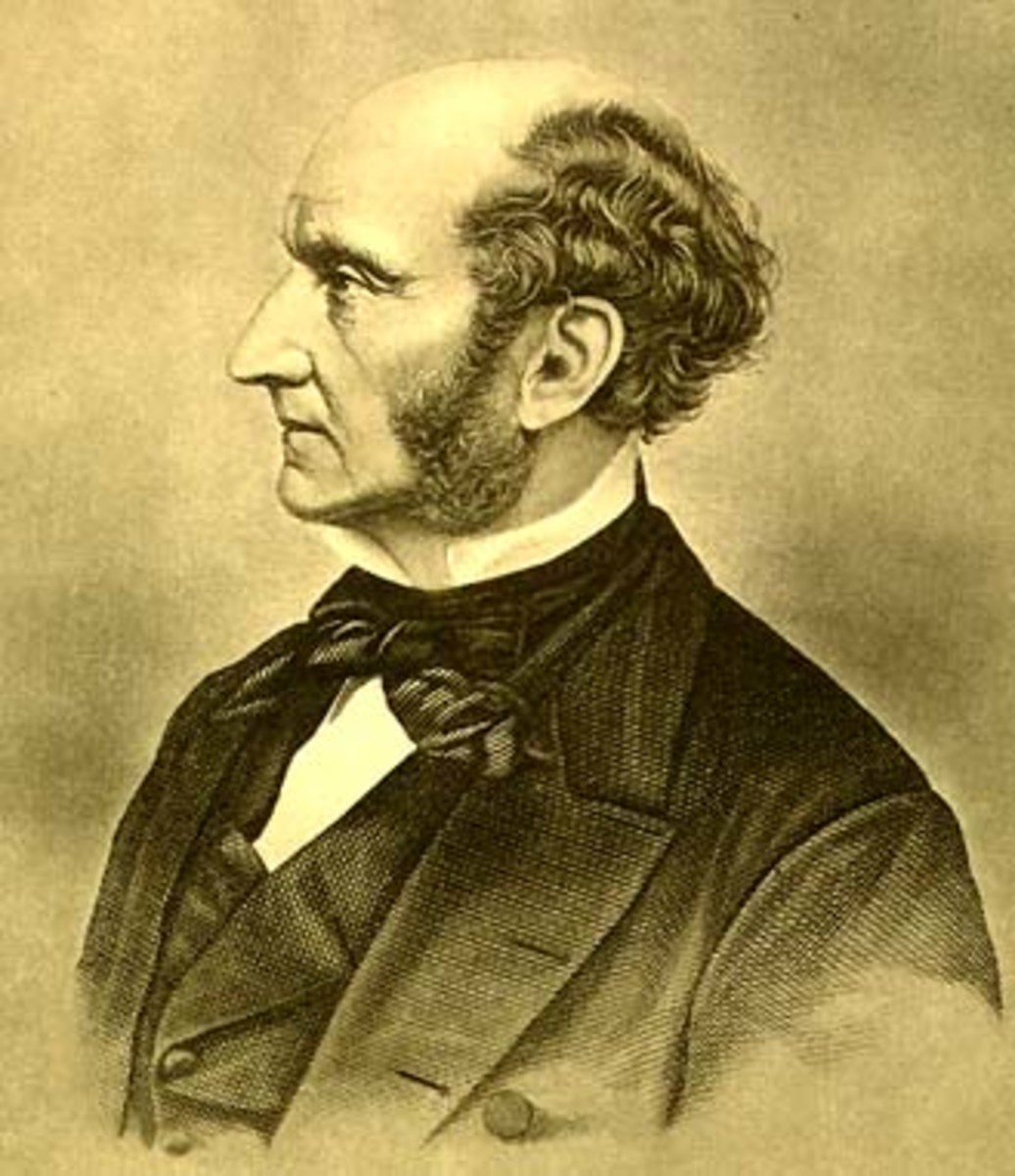Ethics in Psychology


Is Deception Ethical When Used In Psychological Research Experiments?
Ethic is “the discipline dealing with what is good and bad and with moral duty and obligation,” (Merriam-Webster’s online dictionary, 2013). When it comes to the field of psychology, ethics play an important rule. In the field of psychology, there are many ethical issues, and deception is one of them. It is mostly found in the area of psychological research experiments. To deceive is “to cause to accept as true or valid what is false or invalid,” (Merriam-Webster’s online dictionary, 2013) In this essay, the moral theory of utilitarianism and the four domains of ethical assessment will be used to deliver a moral response and to address the ethical issue of deception when it comes to psychology research experiments.
Deception
Some psychologists use deception with their clients when informing them of a research experiment the client will be participating in. Deception is a controversial topic in psychology, (Pittenger, 2002). It is controversial because some believe that it is wrong while others believe it is right, as long as the circumstance calls for it. There has been argument that deception is wrong and unethical in psychological experiments. This is because it can cause harm psychologically to the participants in the study. The participants may not have agreed to partake in the experiment if they knew the full extent of what they would be engaging in. On the other hand, others believe it to be moral if it does not harm the participants and aids in obtaining accurate results.
Stanley Milgram conducted an experiment that involved the use of deception, and there are still questions around today addressing whether or not the experiment was ethical versus unethical (Kimmel, (2011). The experiment consisted of a teacher and a learner (Kimmel, 2011). The teacher would ask questions to the learner and in response to a wrong answer, the teacher would shock the learner (Kimmel, 2011). “Although the "teachers" thought that they were administering shocks to the "learners", the "learners" were actually confederates who were never actually harmed,” (Kimmel, 2011, p. 1). Milgram deceived the participants by making them believe that they were actually administering shocks that hurt the learner, when it was only a show. The type of deception that Milgram used was lies. There are other types of deception that can also be used such as concealing information, exaggerating information, or understating the extent of what will be occurring.
Moral Response
Four domains of ethical assessment can be used to provide a moral response to using deception in psychological research experiments. According to Pojman (1990), the domains are action, consequences, character, and motive. The action in this case would be deceiving participants in psychological experiments. The question to ask is whether this action is right or wrong, (Pojman, 1990). Next is the domain, consequences. Do the consequences of using deception produce ethical results? A possible consequence to using deception would be psychological harm to the participants. For the domain of character, the question to ask is what attitudes show good character? (Pojman, 1990). The last domain is motive. What motive would one have for using deception? Deception would be used in order to produce more accurate results for the experiment.
After using the four domains of ethical assessment, the answer to the question of whether or not deception is ethical varies between each experiment. When there are no consequences to those involved then deception would be an ethical option. It, however, should be used sparingly and the participants must be informed that there may be deception used before they participate. It should, however, only be used when it is needed to produce accurate results and better the experiment. For instance, in Milgram’s experiment if the teachers knew they were not actually shocking the learners, then they would not have cared about stopping or continuing. When they thought they were hurting the learners though, is when they would have wanted to stop inflicting pain. Without using deception, Milgram would not have obtained the results he did about obedience to authority.
Utilitarianism Used to Address the Matter of Deception
The moral theory of utilitarianism can be used to address the matter of deception in psychology experiments.
Merriam-Webster’s online dictionary defines utilitarianism as:
A doctrine that the useful is the good and that the determining consideration of right conduct should be the usefulness of its consequences; specifically: a theory that the aim of action should be the largest possible balance of pleasure over pain or the greatest happiness of the greatest number.
In terms of deceiving participants, according to utilitarianism, if the consequences of using deception were useful to the experiment, then it would be considered right conduct. As long as the positives outweigh the negative, then it is moral to use deception in psychology research experiments.
Conclusion
Of the many ethical issues in the field of psychology, deception is one that has been in question for many years. Using the four domains of ethical assessment to determine whether deception is ethical when used in psychology research experiments, the conclusion is that deception can be used in certain circumstances. When using the moral theory of utilitarianism, the same conclusion is reached. If the positives outweigh the negatives, and there is a reason deception is necessary, then there are ethical grounds found in using deception.
References
Deceive. 2013. In Merriam-Webster.com.
Retrieved April 11, 2013, from http://www.merriamwebster.com/dictionary/deceive
Kimmel, A. J. (2011). Deception in psychological research - a necessary evil?. Psychologist, 24(8), 580-585.
Miller, H. (1997). Stanley Milgram. Retrieved April 12, 2013, from http://muskingum.edu/~psych/psycweb/history/milgram.htm
Moral. 2013. In Merriam-Webster.com.
Retrieved April 10, 2013, from http://www.merriamwebster.com/dictionary/moral
Pittenger. D. J. (2002). Deception in Research: Distinctions and Solutions From the Perspective
of Utilitarianism. Ethics & Behavior, 12(2), 117-142.
Pojman, J. (1990). Ethics. Belmont: Wadsworth Publishing.
Utilitarianism. 2013. In Merriam-Webster.com.
Retrieved April 11, 2013, from http://www.merriam-webster.com/dictionary/utilitarianism









